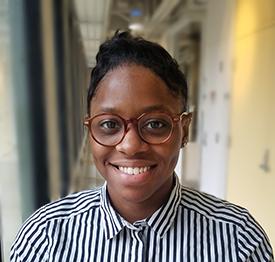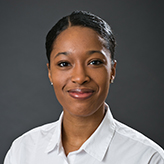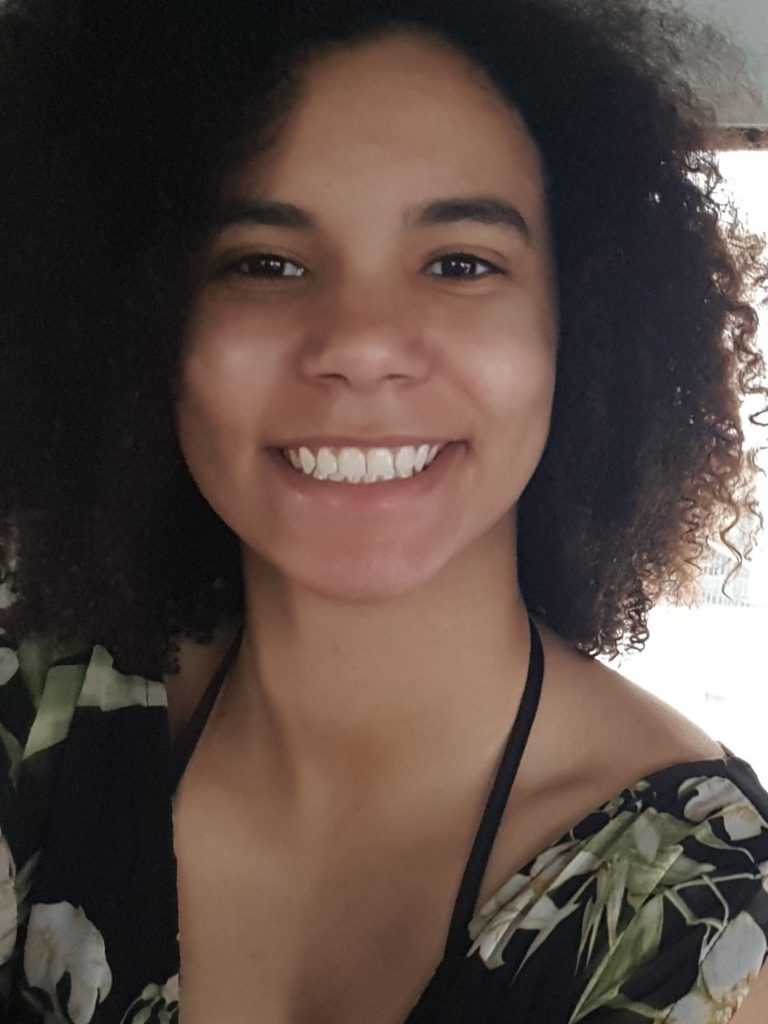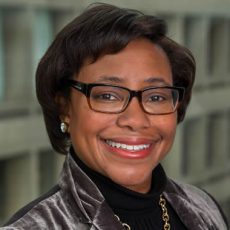WIC+ and GWiChE hosted this panel on Friday, April 30th, 2021 from 12 – 2 PM. The theme focused the event on understanding the root causes of racism, harrassment, and discrimination against Asian members of our community, how they and new forms of discrimination have developed as a result of the COVID-19 pandemic, and what non-Asian members of the Chemistry and Chemical Engineering departments can do to be active bystanders and allies.
This event was inspired by our previous Then vs. Now event as well as the Atlanta shootings which killed 8 people, 6 of whom were women of Asian decent. There were ~60 attendees (faculty, postdocs, staff, and students) for this panel from both departments. WIC+ and GWiChE intend to hold similar events in the future to continue conversations that promote diversity, equity, and inclusion.
Meet the Panelists
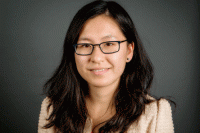
Wenbi Shcherbakov-Wu is a fifth-year PhD student in the Physical Chemistry Division. Working for Will Tisdale in Chemical Engineering, she uses time-resolved optical spectroscopy to study fundamental photophysics in semiconductor nanomaterials. She was born and raised in China, and moved to the U.S. at 18. She went to University of Washington for undergraduate studies where she found a passion for nanocrystals.
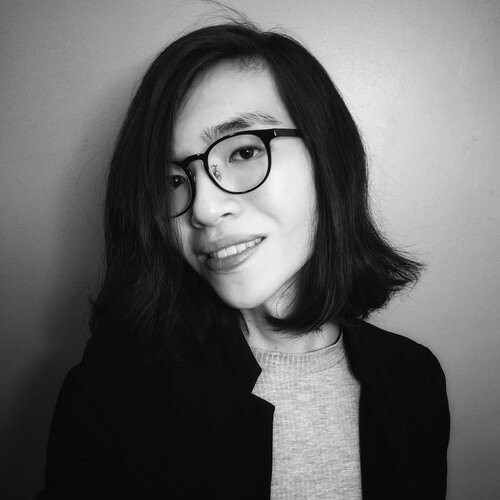
Tan Zhi Xuan is a 2nd-year PhD student in Electrical Engineering and Computer Science, focusing on Bayesian methods in AI and cognitive science. Among other identities they inhabit, Xuan is a queer non-binary trans woman, and a Singaporean of ethnic Chinese heritage. Over the past year, she has been highly involved in international student advocacy on campus, including efforts to ensure funding is available for students located overseas due to the pandemic, and to alleviate unnecessarily stringent course requirements for first-year international students. Xuan uses they/them or she/her pronouns, or the gender-neutral “ta” in spoken Chinese.
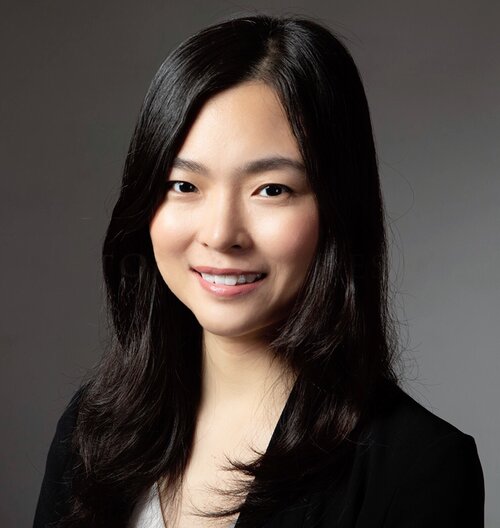
Xiao Wang is a core institute member of the Broad Institute of MIT and Harvard and an assistant professor in the Department of Chemistry at MIT. She started her lab in 2019 to develop and apply new chemical, biophysical, and genomic tools to better understand brain function and dysfunction at the molecular level. She joined MIT and Broad after conducting postdoctoral research at Stanford University with Professor Karl Deisseroth, where she was a fellow of the Life Sciences Research Foundation. She received her B.S. in chemistry and molecular engineering from Peking University in 2010, and her Ph.D. in chemistry from the University of Chicago in 2015.
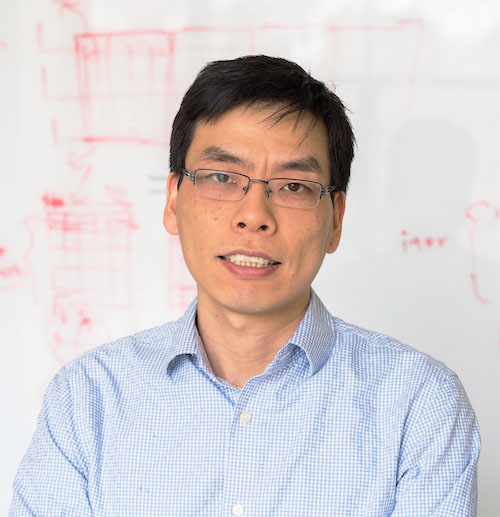
Bin Zhang was born in a small village in Anhui Province, China. He attended the University of Science and Technology of China (USTC) as a chemical physics major. After graduating from USTC in 2007, Bin moved to the United States to pursue doctoral research at the California Institute of Technology in Thomas Miller’s group. Upon graduation, Bin accepted a position as a postdoctoral scholar with Peter G. Wolynes at the Center for Theoretical Biological Physics at Rice University. Bin joined MIT faculty as an assistant professor in 2016. His research focuses on studying three-dimensional genome organization with interdisciplinary approaches that combine bioinformatics analysis, computational modeling and statistical mechanical theory. While at MIT, Bin has received awards that include the Scialog Fellowship and the NSF CAREER Award.
If you would like to see the recording of this event, please visit this page.

